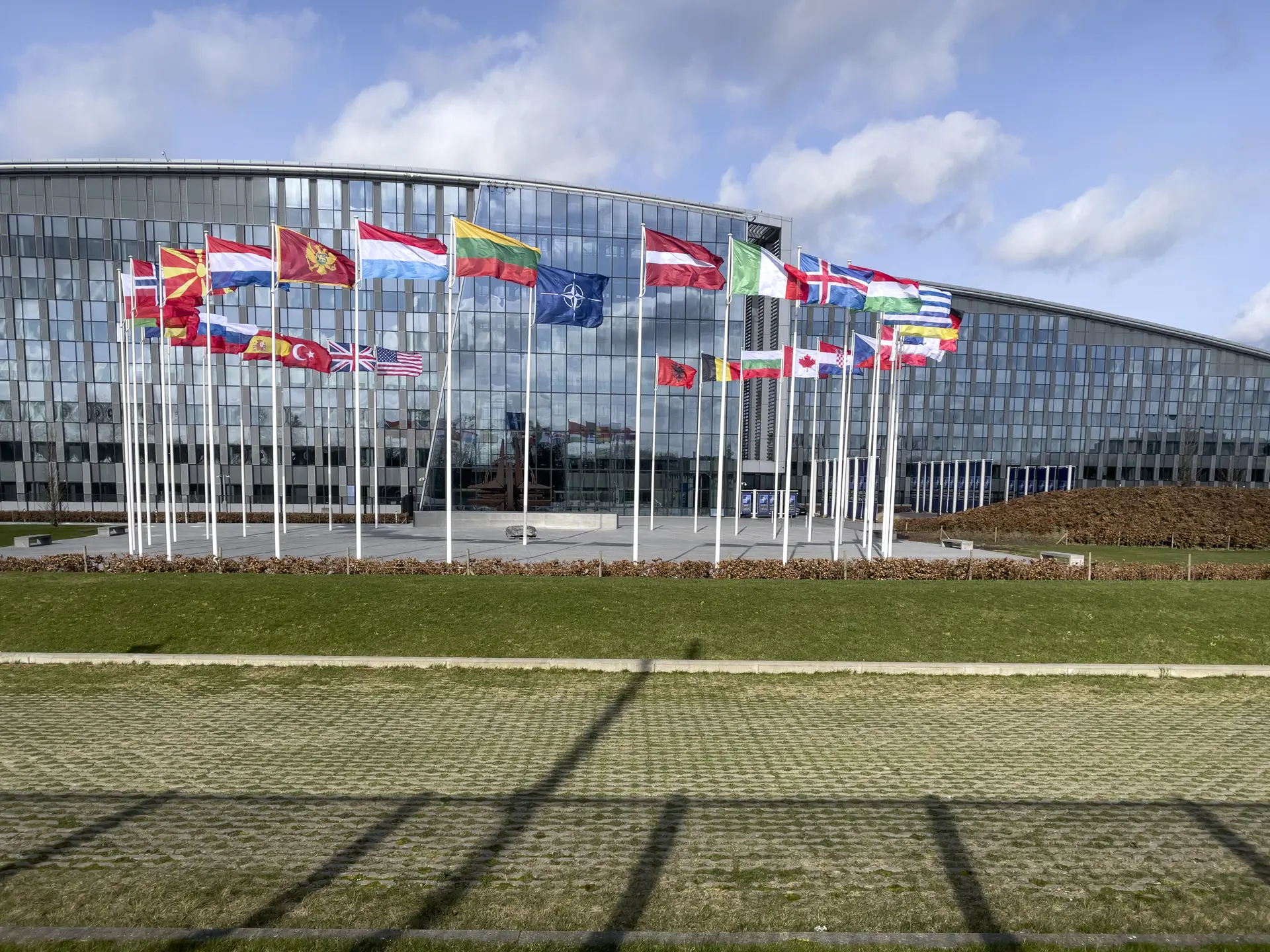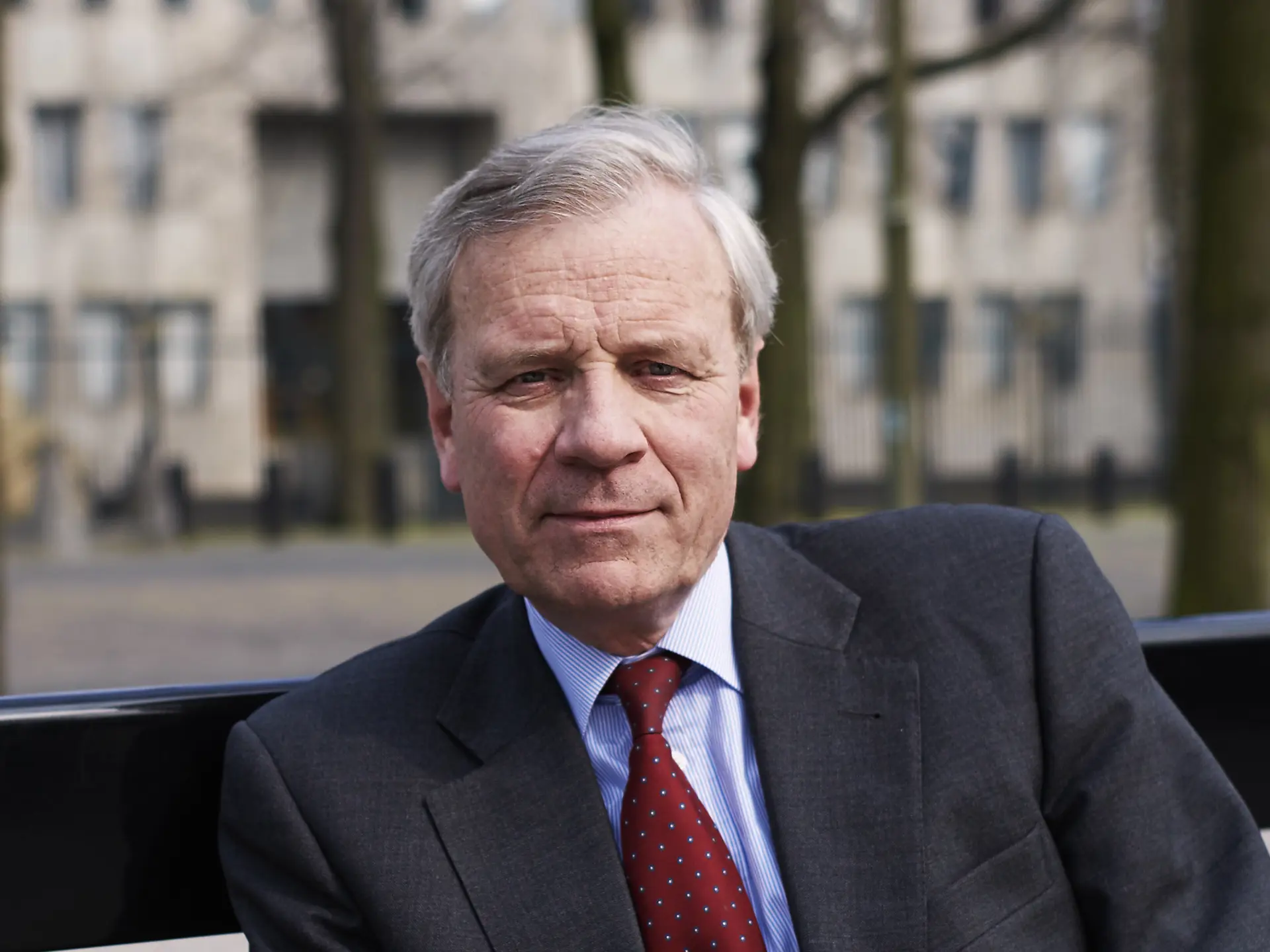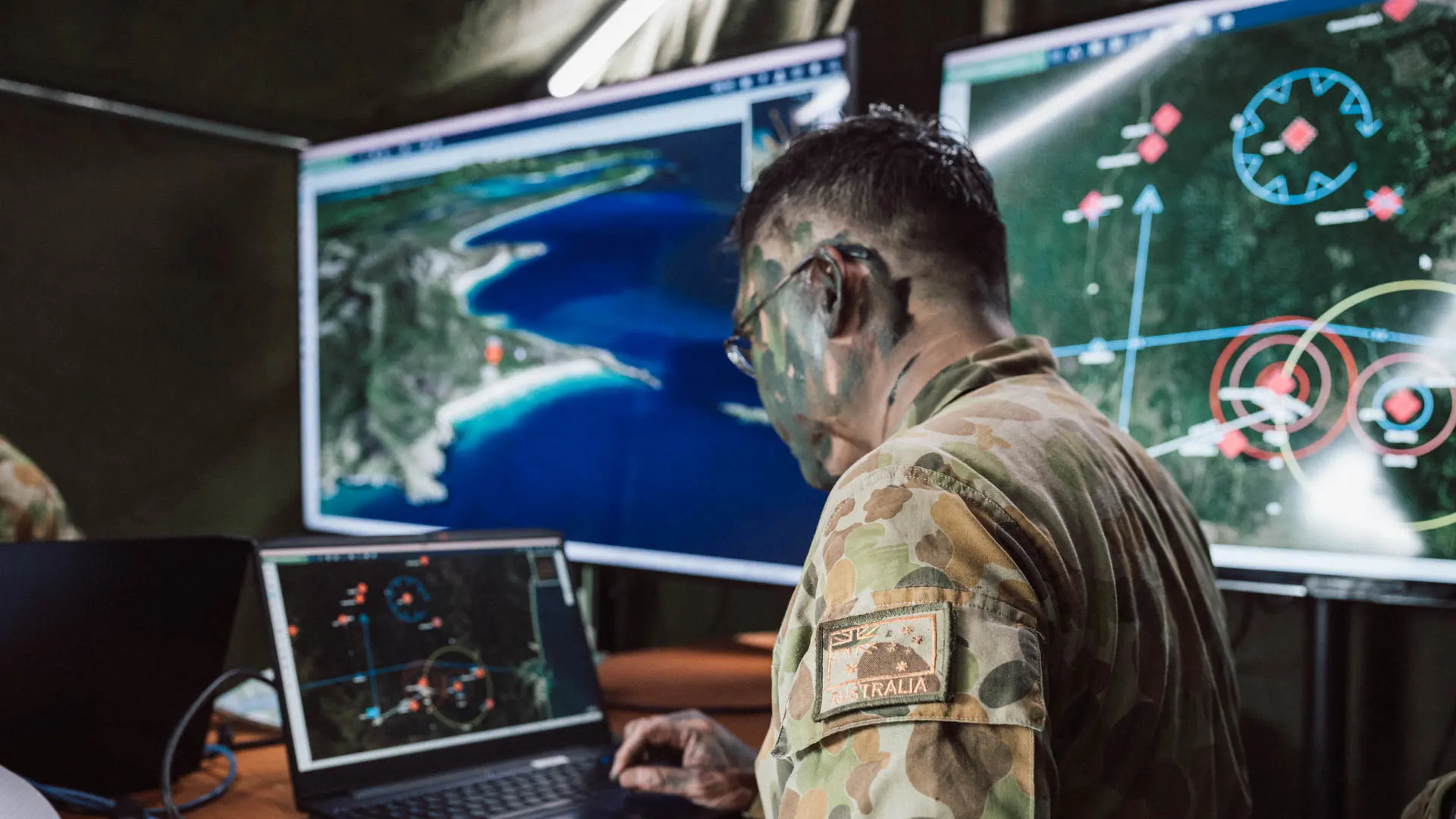Better political decision-making takes time
Written by Dr Peter Roberts for Aureliusthinking.com and reproduced with his kind permission. View the original post here.
A recent discussion with former NATO Secretary General Jaap de Hoop Scheffer made it clear that effective civil-military relationships – especially where command and control is concerned – is based on personal relationships.
Those relationships, in Jaap’s case, were between him as SecGen and his military counterparts – both the Supreme Allied Commander Europe, the ISAF commander, the Chairman of the Military Committee and various heads of respective militaries within Alliance member states.
Jaap’s successful execution of his role, and thus the functioning of the organisation, was built on his expertise and his experiences before he took up the role. But Jaap was clear that his expertise was not developed through political office but of a life spent in company with military officers and in educating students in military theory and the reality of Civ/Mil relations.
In France, military personnel (whether serving or retired) rarely comment on national security matters, but when they do it can make headlines.[2] Today, we would be as shocked as Europeans in 1961 if the French Army put tanks into Paris in order to overthrow the President, yet the French military has a long history of putting the interests of the state before the governance processes of civil-military leadership; something Parisian politicians remain well aware of given the events of 2021.[3]
Researchers have characterised civil-military relations under the 5th Republic as “structurally unstable”[4]; a tendency for successive French presidents to use the military for domestic emergencies (whether COVID-19 or domestic policing), burning budgets and readiness in order to meet domestic political agendas has demonstrated the inarticulate understanding of martial power – its creation and maintenance – within the French political elites.
What needs to be done?
Given the performance of Europe’s politicians regarding national security, there appears to be a clear requirement to provide decision-makers with a better understanding of the theories, processes and ideas around national and international security. Some might argue that the UK has a good engine to deliver this from academia and the military: the reality is that the community is smaller than one might imagine as many academics are idealists not realists who lack practical experience, and those within the senior levels of the military have been promoted on the basis of their accountancy skills, not their ability to command or win.
This matter of who advises the political class is complicated by the demands on political diaries. Representatives must already split time between constituency matters, legislative scrutiny, and lobbyists – a heady mix that requires sacrifices to family time and leisure (something many military personnel will be intimately familiar with).
Persuading politicians to take time to be educated about military and national security theory often falls to the bottom of their priorities. Yet it is necessary. The real challenge is in persuading politicians that the demands and importance of national security are sufficient to warrant the investment of their time and intellect.
[1] Dr karl-Heinz Kamp, “Nuclear Hot Air: The German Debate on Nuclear Weapons”, in German Council for Foreign Relations (DGAP), 16 February 2024. https://dgap.org/en/research/publications/nuclear-hot-air-german-debate-nuclear-weapons
[2] Jerome Pellistrandi, “Don’t worry about the French military”, in Politico, 14 May 2021. https://www.politico.eu/article/french-military-letter-civil-war-france/
[3] Chiara Ruffa and Yagil Levy, “The shifting state of French civil-military relations”, in politicalviolenceataglance, 23 June 2021. https://politicalviolenceataglance.org/2021/06/23/the-shifting-state-of-french-civil-military-relations/.
[4] Antoine Maire & Olivier Schmit, “An unstable equilibrium: Civil-military relations within the French Ministry of Defence.” Journal of Strategic Studies, 45(6–7), 2022, pp. 798–819. See also Philippe Lagassé, “Cooperating to contrôle: French senators as defence overseers and civil-military actors.” European Security 32:2, (2023), pp. 252-269.









